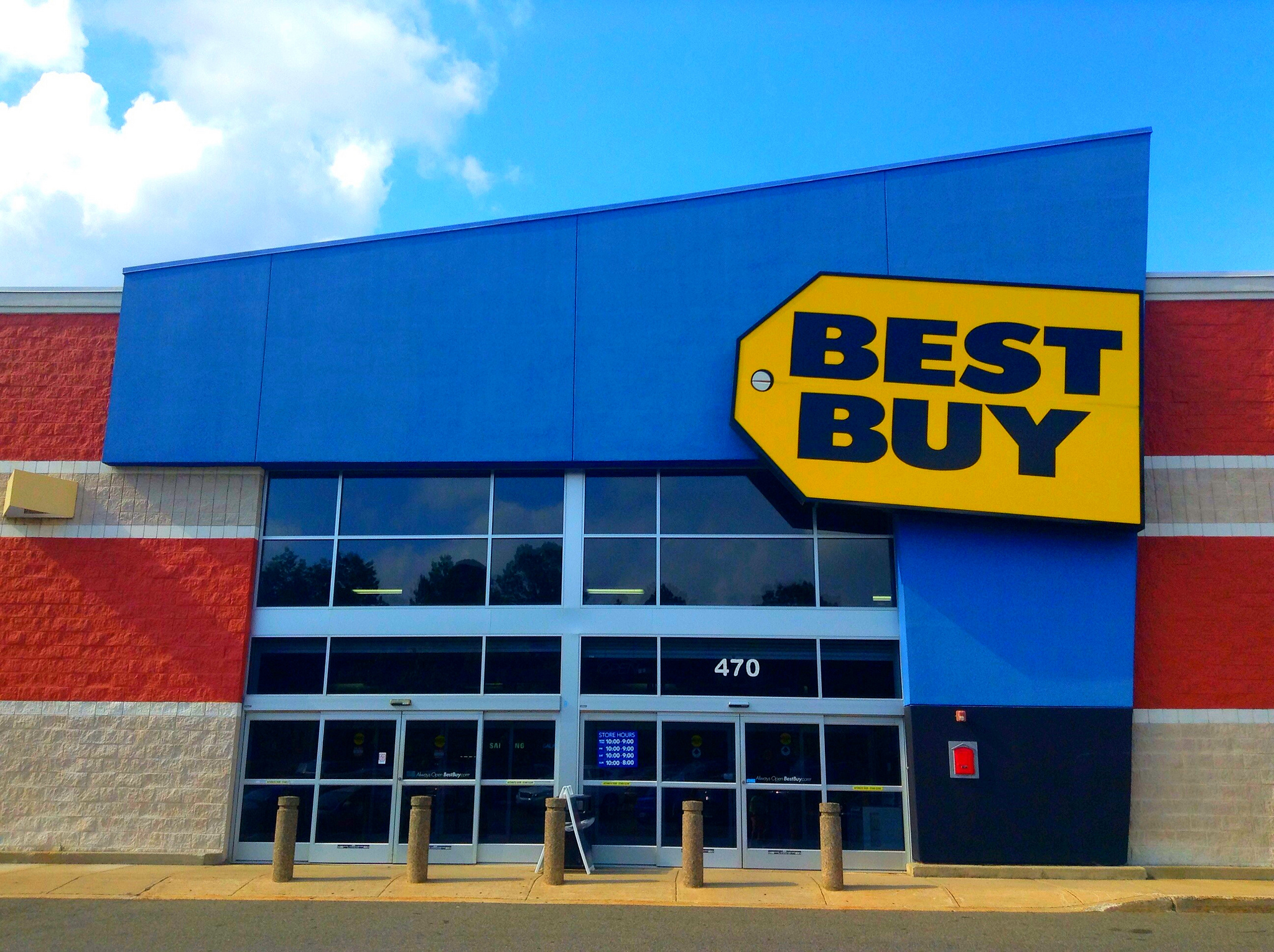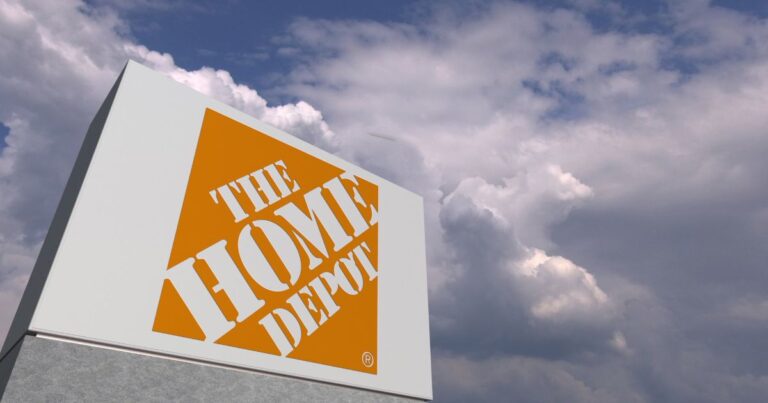Consumer electronics at a store near you may soon be free of certain hazardous chemicals. Best Buy is the latest retailer to announce progress in tackling toxic chemicals in products in recent months.
Yesterday Best Buy publicly released its new Chemical Management Corporate Statement, which was accompanied by a blog post providing some additional background. We applaud Best Buy for developing this new initiative and disclosing this policy statement publicly, the development of which was disclosed last year in our retailer report card and most recently in the company’s 2017 sustainability report.
Best Buy’s new initiative is important as it is the largest retailer of electronics in America. Electronics are often made with hazardous chemicals that can pose serious health hazards throughout their lifecycle from production to use to disposal.
In this post, we highlight some of the important elements of this new initiative and also opportunities for improvement.
Highlights of new chemical management program
- In a new blog post, the company announced that “Best Buy is committed to positively impacting the world by focusing our work on three areas: our communities, our environment and our people. Properly managing of the use of chemicals is essential to safeguarding each of these three areas, which is why we are refreshing our chemical management program.” The Chemical Management Corporate Statement begins by describing the purpose of the program: “Beyond compliance, we created a chemical management program to systematically evaluate and prioritize efforts to address chemical risks and opportunities. We seek to reduce the use of chemicals, phase out chemicals of concern and improve the general management of chemicals.”
- To Best Buy’s credit, the company is not only tackling chemicals in products, but also in manufacturing and operations. This is significant as the manufacturing of electronics materials and chemicals can pose significant hazards to workers and surrounding communities. The new Chemical Management Corporate Statement applies to operations, private-label products, vendors, and the company’s recycling program.
- For corporate, retail, service and distribution operations, the company states its staff “actively look for opportunities to reduce the use of chemicals. Whenever possible, we work to transition to safer alternatives, with a preference for EPA Safer Choice chemicals.” We applaud Best Buy for showing preference for products that meet this important third-party safer chemicals program.
- The policy requires business-to-business (B2B) disclosure of and restriction of chemicals in its private-label products and in factories. For private-label and direct import products, the company has developed supplier requirements for products and chemicals in manufacturing, and has developed a Restricted Substance List (RSL), “which specifies chemicals restricted based upon regulations or known hazards and chemicals suppliers are required to report usage to us.” The company, however, stops short at describing what types of hazardous chemicals they’re focusing on (e.g. carcinogens, mutagens, reproductive toxicants, persistent, bioacumulative and toxic chemicals ( PBT’s)) and which ones they are restricting.
- Best Buy deserves credit for summarizing how it is ensuring compliance with this new program. For its restrictions on ingredients in private-label products, the company’s “product specification documents include chemical requirements, and increasingly rigorous assurances and testing of products are required based upon the level of risk” and it partners “with suppliers to identify opportunities to transition to preferred chemicals.” Additionally, as part of its regular audit program, Best Buy will “monitor factories to assure adherence to our RSL as well as our Supplier Code of Conduct, which specifies safe chemical procedures, and we require improvements when we find gaps.” The company also provides trainings for factories to “improve their chemical management processes.”
Opportunities for improvement – need for transparency and public facing goals
We’re happy to see Best Buy announce that it is making progress in addressing toxic chemicals in products and operations, but there is as always room for improvement.
Last November Best Buy stated that in 2017 it would publicly release its Restricted Substance List (RSL) and Manufacturing Restricted Substance List (MRSL), which the company got points for in our report card. We are disappointed that Best Buy has yet to fulfill this pledge to disclose these lists of chemicals publicly in 2017. It is challenging for NGO’s, investors, and consumers to judge the substance of this new chemical management program without knowing the identity of the chemicals it is setting restrictions on. While the company states this initiative goes beyond legal compliance, it is challenging to evaluate to what extent the policy addresses emerging chemicals of concern such as certain toxic flame retardants. We hope Best Buy will join other retailers like Walmart, Target, and CVS in disclosing its RSL, especially in advance of our next retailer report card we plan to release this November. Along similar lines, the company has also not explained how it will identify or evaluate “preferred” chemicals. Having a clear definition of safer alternatives and a process for evaluating the hazards of alternatives is critically important to avoid regrettable substitution.
The company can also take the next step by announcing public facing goals with clear timeframes to implement the policy. For example, this past January Target announced a new safer chemicals policy along with new goals and timeframes to eliminate key chemicals of high concern. In April CVS announced timeframes for reformulating nearly 600 private label products. We encourage Best Buy to join these other major retailers in setting clear goals and benchmarks for reducing and eliminating chemicals of high concern, such as toxic flame retardants and phthalates, which are commonly found in electronics. We also hope Best Buy will consider joining Walmart and CVS in becoming signatories to the Chemical Footprint Project.
Thank you Best Buy
In the end, we congratulate Best Buy for developing this new Chemical Management Corporate Statement. We hope the company will follow through on its commitment to disclose the chemicals it is restricting in products and in manufacturing by the end of 2017. The company has committed to publicly report on progress in its next annual sustainability report, which we will look forward to.
Best Buy’s new statement also underscores the need for other major electronics retailers like Amazon to catch up to help drive dangerous chemicals out of electronics.





